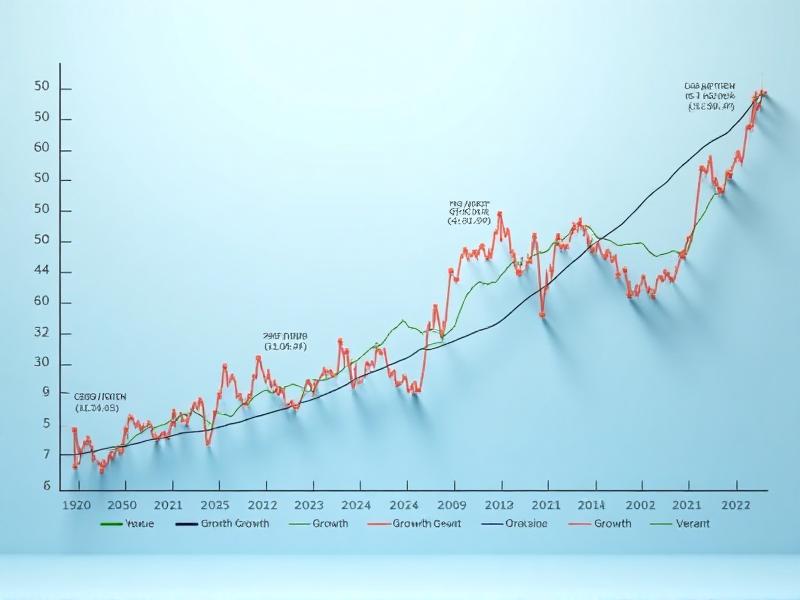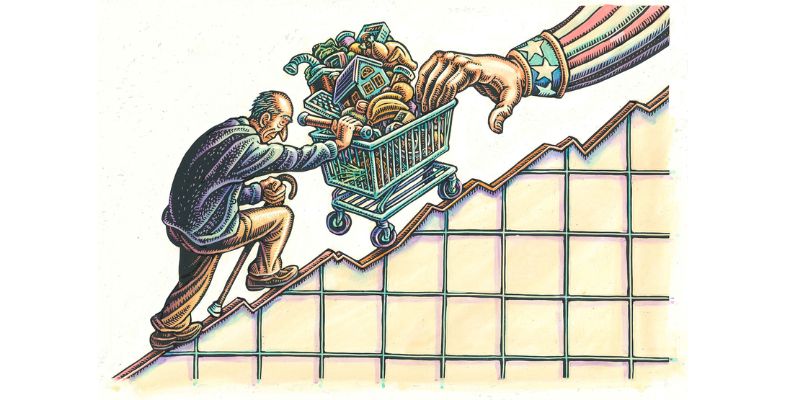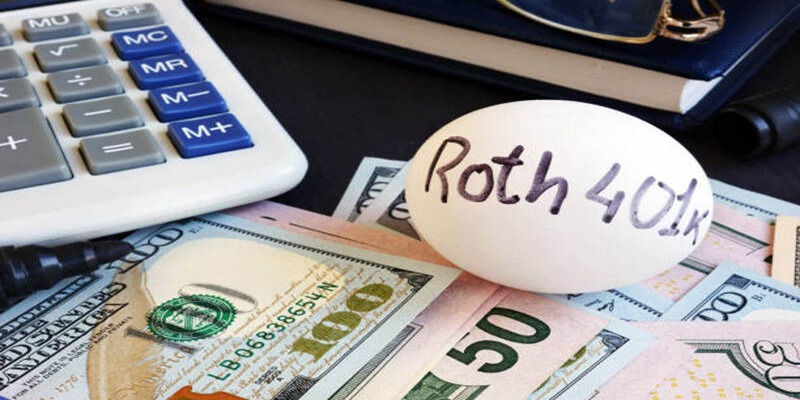
How to Invest in Value Stocks for Long-Term Gains

Unforgettable Pilgrimages: Top Temples in Andhra Pradesh

Social Security and Cost-of-Living Adjustments (COLA)

The Financial Impact of Social Comparisons
How to Use Budgeting Apps to Manage Your Money
Apr 24, 2025 By Juliana Daniel
Why Budgeting Apps Are Essential for Financial Management
In today’s fast-paced world, managing finances can feel overwhelming. Budgeting apps have emerged as powerful tools to simplify this process. These apps allow users to track expenses, set financial goals, and monitor their progress in real-time. By providing a clear overview of income and expenditures, budgeting apps help users make informed decisions about their money. They also offer features like bill reminders, savings trackers, and spending insights, making it easier to stay on top of financial responsibilities. Whether you’re saving for a big purchase or trying to pay off debt, budgeting apps can be a game-changer in achieving your financial goals.
How to Choose the Right Budgeting App for Your Needs
With so many budgeting apps available, selecting the right one can be challenging. Start by identifying your financial goals and priorities. Are you looking to track daily expenses, save for a vacation, or manage debt? Next, consider the app’s features. Some apps focus on expense tracking, while others offer advanced tools like investment tracking or financial planning. User experience is another critical factor—choose an app with an intuitive interface and reliable customer support. Finally, check the pricing model. Many apps offer free versions, but premium features may require a subscription. Reading reviews and testing a few options can help you find the perfect fit.
Setting Up Your Budgeting App for Success
Once you’ve chosen a budgeting app, the next step is to set it up effectively. Begin by linking your bank accounts and credit cards to the app for automatic transaction tracking. Categorize your expenses to gain insights into your spending habits. Set realistic financial goals, such as saving a specific amount each month or reducing discretionary spending. Customize alerts and notifications to stay informed about due bills or overspending. Regularly review your budget and adjust it as needed to reflect changes in your income or expenses. A well-configured budgeting app can provide a solid foundation for financial stability and growth.
Tracking Expenses and Identifying Spending Patterns
One of the most valuable features of budgeting apps is their ability to track expenses and identify spending patterns. By categorizing transactions, you can see where your money is going and pinpoint areas where you can cut back. For example, you might discover that you’re spending more on dining out than you realized. Use this information to create a more balanced budget that aligns with your financial goals. Many apps also provide visual representations of your spending, such as pie charts or bar graphs, making it easier to understand your financial habits at a glance.
Using Budgeting Apps to Achieve Financial Goals
Budgeting apps are not just about tracking expenses—they’re also powerful tools for achieving financial goals. Whether you’re saving for a down payment on a house, planning a dream vacation, or building an emergency fund, these apps can help you stay on track. Set specific, measurable goals within the app and monitor your progress regularly. Some apps even allow you to create separate savings accounts for different goals, making it easier to allocate funds accordingly. By staying disciplined and leveraging the features of your budgeting app, you can turn your financial aspirations into reality.
Tips for Staying Consistent with Your Budgeting App
Consistency is key to getting the most out of your budgeting app. Make it a habit to check the app daily or weekly to review transactions and update your budget. Use reminders and notifications to stay on top of due bills and financial deadlines. Celebrate small victories, such as staying within your budget for the month or reaching a savings milestone, to stay motivated. If you encounter challenges, don’t get discouraged—adjust your budget and continue working toward your goals. Over time, using a budgeting app will become second nature, helping you maintain financial discipline and achieve long-term success.
Exploring Advanced Features of Budgeting Apps
Many budgeting apps offer advanced features that can take your financial management to the next level. For example, some apps provide investment tracking, allowing you to monitor your portfolio and make informed decisions. Others offer financial planning tools, such as retirement calculators or debt payoff strategies. Take the time to explore these features and see how they can benefit your financial journey. By leveraging the full potential of your budgeting app, you can gain a deeper understanding of your finances and make smarter decisions for the future.
Common Mistakes to Avoid When Using Budgeting Apps
While budgeting apps are incredibly useful, there are common mistakes that can undermine their effectiveness. One mistake is failing to update the app regularly, which can lead to inaccurate financial data. Another is setting unrealistic goals, which can result in frustration and discouragement. Avoid relying solely on the app without reviewing your finances manually from time to time. Additionally, don’t overlook the importance of security—choose apps with robust encryption and authentication measures to protect your financial information. By being mindful of these pitfalls, you can maximize the benefits of your budgeting app.
How Budgeting Apps Can Improve Your Financial Literacy
Budgeting apps do more than just track expenses—they can also improve your financial literacy. By providing insights into your spending habits and offering educational resources, these apps can help you develop a better understanding of personal finance. Many apps include tutorials, articles, and tips on topics like saving, investing, and debt management. As you use the app, you’ll become more aware of your financial behaviors and learn how to make smarter money decisions. Over time, this increased knowledge can lead to greater financial confidence and independence.
Integrating Budgeting Apps with Other Financial Tools
To get the most out of your budgeting app, consider integrating it with other financial tools. For example, you can link the app to your investment accounts, retirement plans, or tax software for a comprehensive view of your finances. Some apps also integrate with expense management tools or financial advisors, providing additional support for your financial journey. By combining the capabilities of different tools, you can create a seamless and efficient financial management system that meets all your needs.

How to Use Digital Wallets for Secure Transactions

A Comprehensive Guide to Trading Options in Roth IRAs

Discovering the Charm of Deià: A Travel Guide to Mallorca’s Hidden Gem

How to Use Options for Income Generation

How to Invest in ESG (Environmental, Social, Governance) Funds

How to Invest in Bonds for Stability and Income

The Future of Peer-to-Peer Insurance

How to Invest in Gold and Precious Metals
Advertisement
